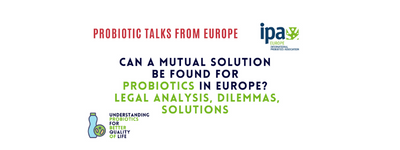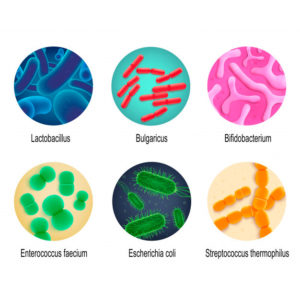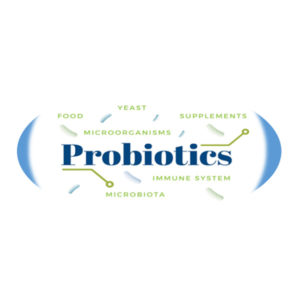
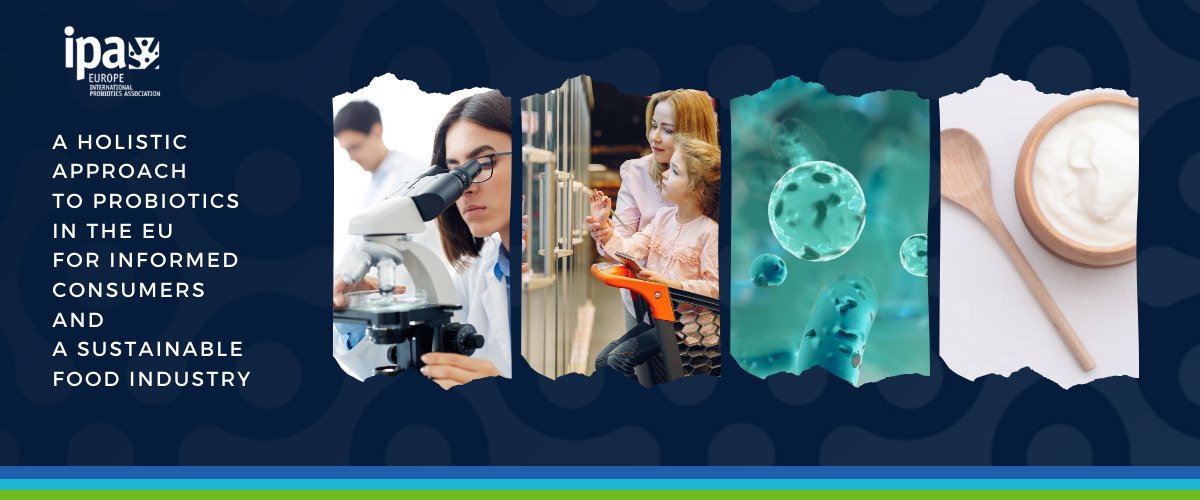
IPA EUROPE MANIFESTO

Probiotics: what's in a name?
IPA Europe brings together a forum of leading producers of probiotic cultures, probiotic foods, supplements, nutritionals and therapeutic products

Press Package
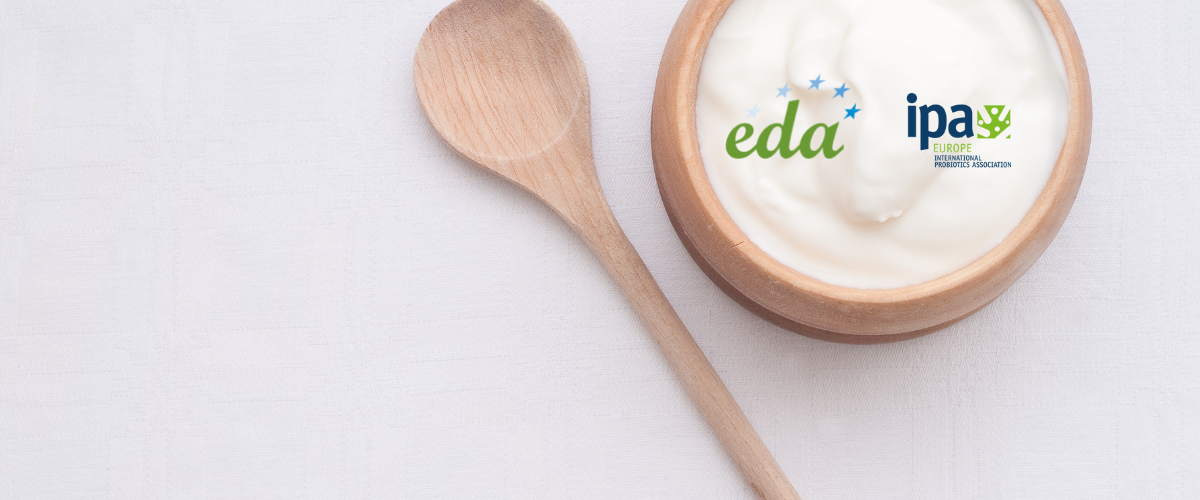
IPA Europe and European Dairy Association (EDA) joint statement on probiotics
For a better regulatory environment for probiotic food and food supplements in Europe

The science behind probiotics
Discover the 4 criteria to qualify microorganisms as “Probiotic” in foods and dietary supplements
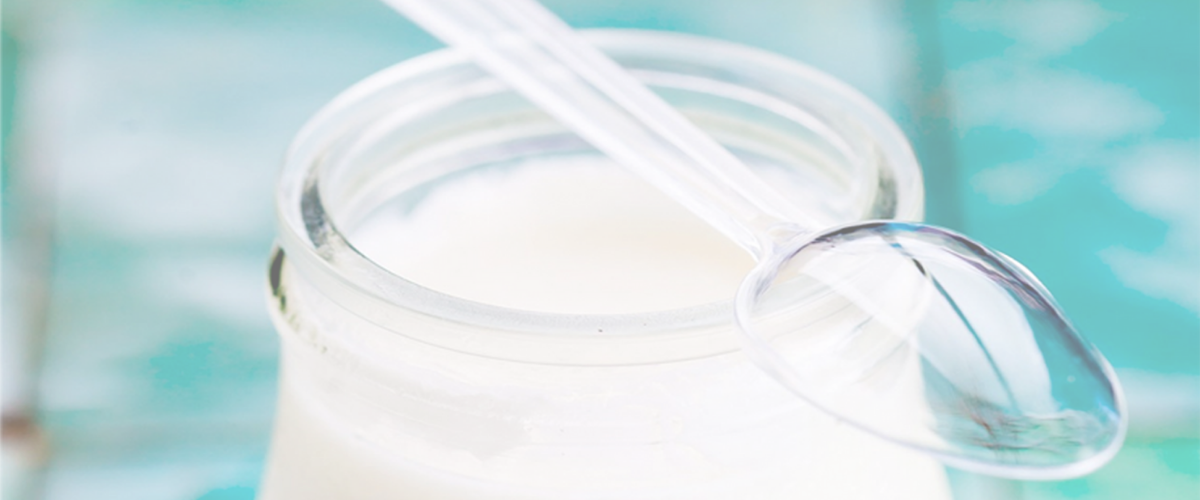
IPA Europe's priorities:
better information for consumers,
better rules for the industry,
better quality of life
IPA EUROPE
Call for a responsible use of the term 'probiotic'
READ THE STATEMENT
IPA Europe News
The IPA Europe 2024 Manifesto: Empowering Informed Consumers and Supporting a Sustainable Food Industry.
The IPA Europe 2024 Manifesto sets out priorities and recommendations. IPA Europe supports the European probiotic industry’s efforts to enhance competitiveness and ensure product quality, while promoting a consistent, innovation-friendly regulatory environment. Probiotic foods and food supplements, when consumed in adequate amounts, may offer benefits for gut health, digestion, and ...
EU Novel Food Status Catalogue
In March 2024, IPA Europe and the European Food and Fermentation Cultures Association (EFFCA) issued the information to their members regarding the European Commission’s revised Novel Food Catalogue, which was originally published on November 16, 2023. We have actively collaborated with DG SANTE to enhance the classification process and to ...
IPA Europe Press Release: a formal request for investigation is questioning the European Commission’s stance on probiotics
In a significant development for the probiotic industry, a formal request for investigation has been submitted to the European Ombudsman, questioning the European Commission’s stance on probiotics. The Association argues that the European Commission has inadequately addressed the concerns raised by the industry and provides sufficient elements to support this ...
Joint Statement of IPA Europe and 17 other signatories on the EC Initiative: Boosting Biotechnology and Biomanufacturing in the EU
The joint statement in response to the publication of the Initiative praises it as a positive starting point, while calling for greater ambition and implementation. The initiative recognizes various challenges and barriers, including the need for a level playing field for market entry and demand. A key step in addressing ...
Engaging European Deputies: Seeking Support for Probiotic Improvement in Europe
IPA Europe is advocating for European policymakers to reassess the criteria governing the term ‘probiotic’ for food and food supplements within the EU. The current regulatory framework dates back to 2007, placing European stakeholders at a competitive disadvantage. Read our statement published in the April edition of ‘The Parliament Magazine’ ...
European industries call for a bold and impactful Biotechnology and Biomanufacturing Initiative
Brussels, 22 February 2024 Cross sectoral industries have come together to champion the European Commission’s forthcoming Biotechnology and Biomanufacturing Initiative through a position paper which calls for bold ambition, and five core principles to ensure impactful industrial growth. The ‘EC Initiative on Biotechnology and Biomanufacturing: Principles for an impactful Europe’ ...
IPA Europe and EDA joint position on probiotics
What are probiotic microorganisms?
Probiotics are live microorganisms that can be formulated into many different types of products, including foods, drugs, and dietary supplements.
Species of Lactobacillus and Bifidobacterium are most commonly used as probiotics, but the yeast Saccharomyces cerevisiae and Bacillus species are also used as probiotics. Lactic acid bacteria (LAB), including species of Lactobacillus, which have been used for preservation of food by fermentation for thousands of years, can serve a dual function by acting as agents of food fermentation and, in addition, potentially imparting beneficial effects.
However, the term “probiotic” should be reserved for live microorganisms that have been shown in controlled human studies to accomplish their beneficial action. Fermentation of food provides characteristic taste profiles and lowers the pH, which can help in prevention of spoilage microorganisms and potential pathogens.
discover more
